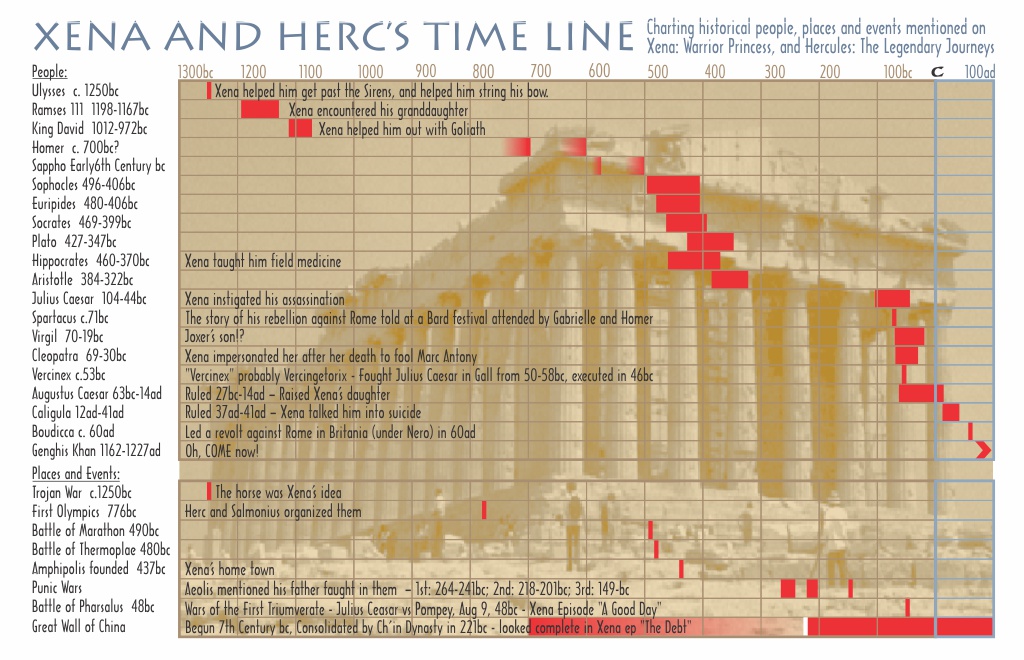Not really, more to take pot shots at the way people miss the point of trek.
Again, as I said from the start of this thread,
I'm not just talking about Star Trek. I'm talking about the same standards I apply to almost all narrative fiction.
It is an iconic and beautiful piece of TV which has had an inordinate cultural impact in the real world, but not remotely by building a consistent, coherently built world a la Middle Earth. Anyone who believes it ever achieved that, or even made a serious attempt, hasn't been watching very closely.
Well, TOS fits the description in that first clause... the spin-offs, less and less so over time. But Trek has
also been engaged in worldbuilding on a major scale. The two things are not mutually exclusive, any more than any of the other desiderata about fiction I mentioned in my previous post. I submit that anyone who thinks otherwise has been watching
less closely than those who recognize and appreciate this aspect of the show.
The appreciation for the continuity of Trek goes (at least) all the way back to Bjo Trimble's original
Star Trek Concordance (which I loved and basically devoured when I first discovered it as a kid). Today, Memory Alpha exists. For heaven's sake, you don't get that kind of encyclopedic attention to a property that hasn't done a fair bit of worldbuilding.
The fandom has a subset of people angrily obsessing how fast warp is, or how many decks the Enterprise has, or how far Qo'nos is from Earth, or "canon" (whatever that horrible word is being misused as today), completely missing the value of this thing we have been given which is about examining the human beings who watch the show and the world they created. ... People have spent fifty years making that mistake and getting ridiculously angry when they can't make it all add up...
You're indulging in two fallacies at once here, both a straw man and a false dichotomy. On the first count, I haven't noticed anybody in this thread getting "angry" about continuity, myself included. On the contrary, lots of us are posting thoughtful statements about why we enjoy it. On the second count, you have no grounds for assuming that anybody who disagrees with you about continuity doesn't
also appreciate Trek for its commentary on the human condition — I certainly do! — because as I already noted, the two things are not mutually exclusive.
[People treat] the inconsistencies like failings and mistakes rather than simply part of the nature of the thing they are examining.
I've already addressed this point. Any work of fiction is bound to have imperfections of
various kinds — not just in its continuity. The failings and mistakes
are part of the nature of the thing. That doesn't invalidate criticism; on the contrary, it's the
foundation of criticism.
You could argue there's room for both, but that misses the point that only one of the two was ever really meant to be there at all, the other is something people have mistakenly imposed after the fact and failed to realise the error lies in their perceptions...
But there
is room for both. Why are you so insistent on calling an appreciation for continuity "error"? Seems to me you've set yourself a heavy burden of proof if you're arguing that Trek should be an
exception to the basic reasonable expectations of logical consistency I've already outlined. After all, it's obviously not in the same category as something like
Xena, nor does it qualify as a comedy or some other sub-genre that gets special allowances made.




 .
.